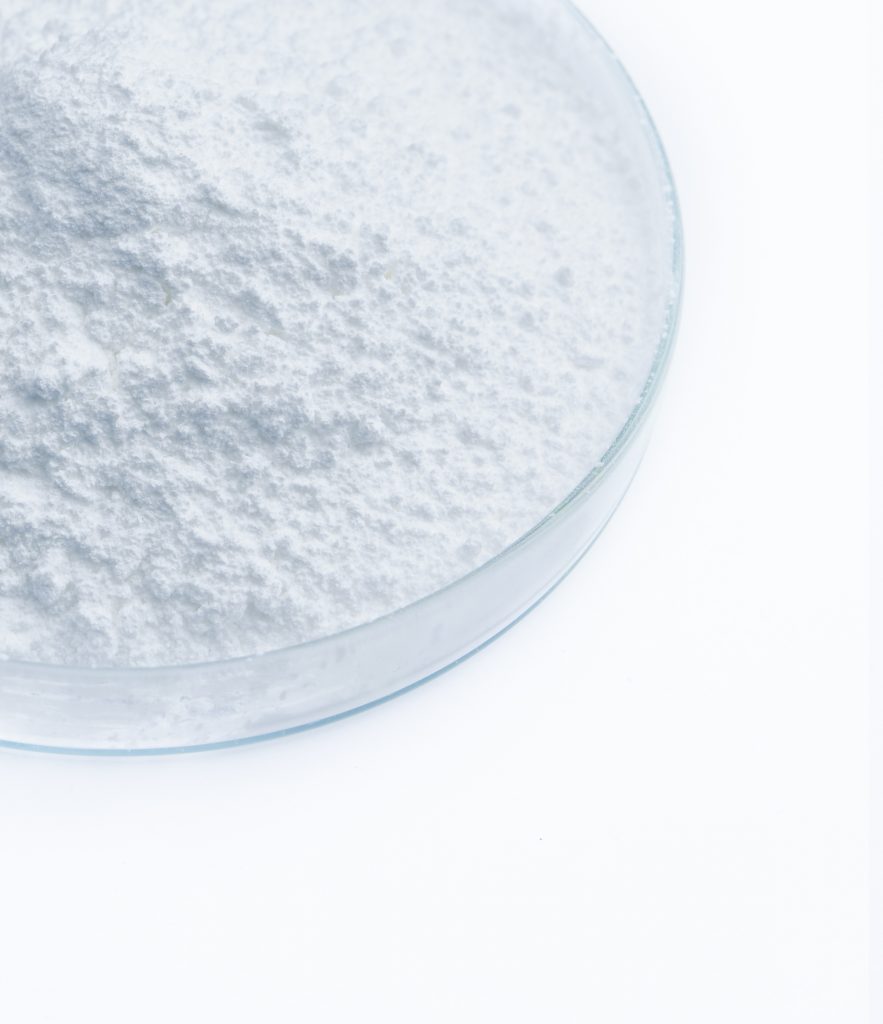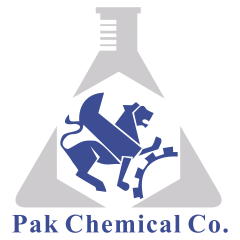Zinc stearate is a white, powdery substance derived from the combination of zinc oxide with stearic acid, a naturally occurring fatty acid. Chemically speaking, it is a zinc salt of stearic acid. Given its versatile properties, zinc stearate finds numerous applications across a wide range of industries. This article delves into its core properties and its wide array of applications.
Properties of Zinc Stearate:
- Water Repellence:. One of the primary properties of zinc stearate is its insolubility in water. This makes it a preferred choice for applications where water repellence is necessary.
- Lubricity:. It serves as a good lubricant, making it suitable for applications where reduced friction is essential.
- Non-Toxicity:. The cosmetics and food packaging industries widely utilize zinc stearate due to its non-toxic nature.
- Thermal Stability:. It exhibits high resistance to heat, which makes it a critical ingredient in some plastic and rubber applications.
Applications :
- Plastics Industry:
- PVC Stabilizer: In the plastics industry, especially in the production of PVC (polyvinyl chloride), zinc stearate acts as a stabilizer. It helps to prevent the PVC from breaking down during processing and extends the life of the final product.
- Release Agent: It provides a non-stick surface which is crucial during the molding of plastic items.
- Lubricant: It aids in reducing the friction between polymers, allowing for smoother processing and extrusion of plastic materials.
- Rubber Industry:
- Vulcanization: Zinc stearate plays a role in the vulcanization process of rubber, aiding in the cross-linking of rubber molecules and providing improved strength and elasticity.
- Lubricant: Its lubricating property ensures that rubber can be processed smoothly.
- Cosmetics and Personal Care:
- Makeup Products: It is frequently used in the formulation of makeup products like face powders and eyeshadows. It offers water repellence and a silky touch to the products.
- Lotions and Creams: Acting as a lubricant, it offers a smooth application for products.
Pharmaceuticals: (Application of Zinc Stearate)
- Tablet Manufacturing: It’s used as a lubricant in the production of pharmaceutical tablets to prevent them from sticking to equipment during manufacturing.
- Consistency Agent: It provides a desired consistency in creams and ointments.
- Paints and Coatings:
- Gloss Agent: It is used to impart a glossy finish in paints.
- Suspension Agent: In paint formulations, it helps disperse pigments evenly.
- Textile Industry:
- Fabric Coating: Used as a water repellent and lubricant to offer smoother finishing to fabrics.
- Paper Production:
- Gloss and Coating Agent: Provides a smooth, glossy finish to certain types of paper products.
- Food Packaging:
- Anti-caking Agent: When used in powdered food products, it acts as an anti-caking agent, preventing the food particles from sticking together.
- Barrier Coating: In packaging, it offers a barrier against moisture, ensuring longer shelf life for the packaged food.
Conclusion: (Application of Zinc Stearate)
The multifaceted nature of zinc stearate is evident through its plethora of applications across diverse industries. Initially, its inherent versatility and critical role make it a cornerstone in many sectors. Furthermore, its distinct blend of attributes, from water repellence to its lubricating capacities, cements its position as a vital ingredient. Consequently, this ensures its sustained importance in the crafting of a vast array of products. As industries evolve and as research into the properties of zinc stearate continues, it’s likely that even more applications for this compound will emerge in the future.

